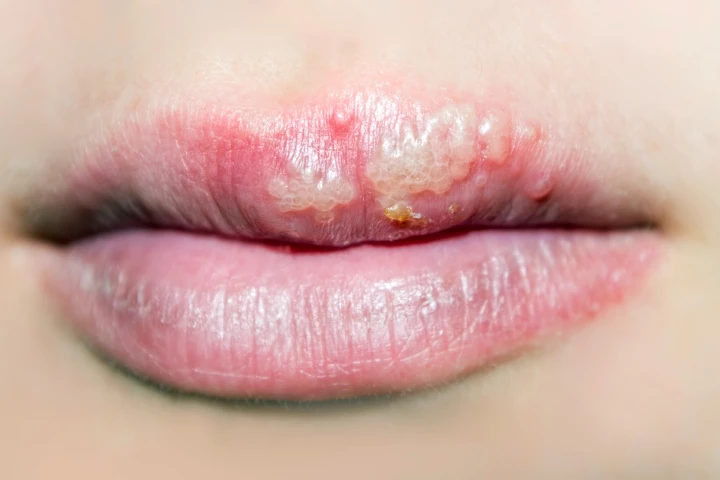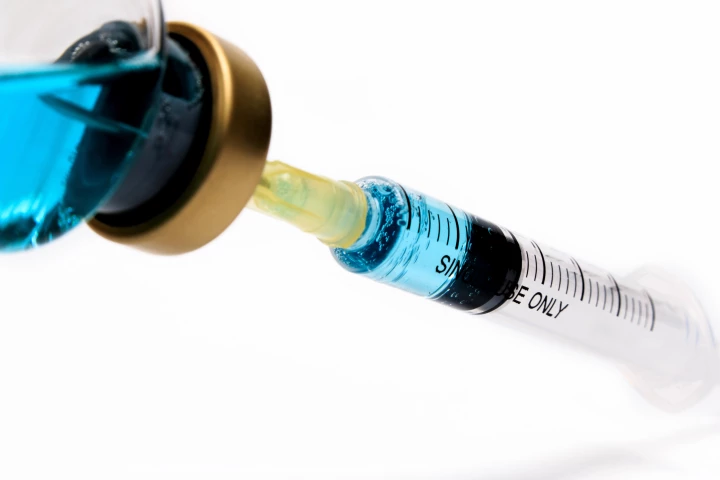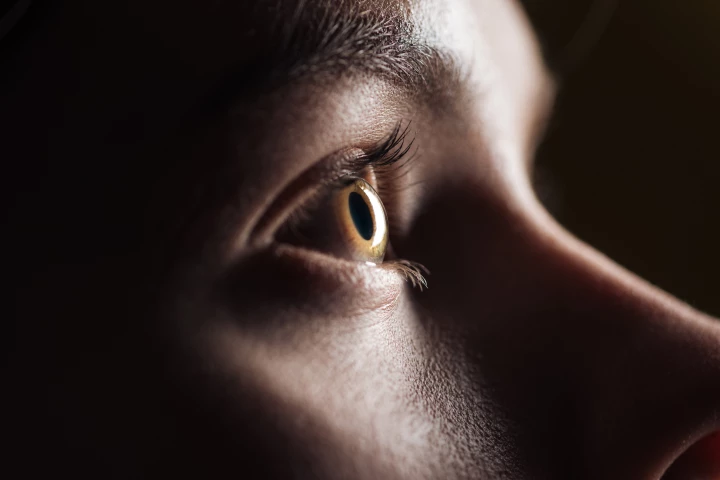University of Washington
-
Another study has added to the growing evidence linking the cold sore-causing herpes virus with Alzheimer’s disease. It also found that those people who used herpes treatments such as antivirals were 17% less likely to be diagnosed with Alzheimer’s.
-
Unlike current translation devices that focus on one speaker, researchers have just developed a pair of headphones that can determine how many people are speaking, follow them through space, and translate each person's words as a separate stream.
-
Studies have shown that many people don't commute by bike due mainly to a fear of being hit by cars. A new bike-mounted proximity sensor has been designed to help such folks, by objectively telling them which streets are the safest for cyclists.
-
Just when you think you've seen it all, researchers claim to have developed a way for people to see a color the human eye has previously never seen before. They're calling this new hue 'Olo.'
-
A decade-spanning study has revealed a troubling side effect when pregnant women take a common painkiller during their pregnancies. The effect of the over-the-counter drug was significantly stronger in female offspring than males.
-
In a crowd, background noise can make it hard to hear people talking. But soon we could be wearing headphones that use AI to filter out noise that’s more than a few feet away, creating a “sound bubble” that lets you focus on your own conversation.
-
It would be an understatement to say that things can get pretty hectic in a hospital emergency room … enough so that staff occasionally administer the wrong medication. Soon, however, AI-enabled wearable cameras could help keep that from happening.
-
Ordinarily, if you want liquid to flow in only one direction through a pipe, that pipe has to have a flap-type valve – which could fail. Now, scientists have created a new type of more robust one-way-flow pipe, which was inspired by shark intestines.
-
Elon Musk says Neuralink's BlindSight eye implants "ultimately may exceed normal human vision" – but researchers now contend that this is highly unlikely, and new videos show what the world will look like through direct pixels-to-neurons imaging.
-
A new gene therapy for Duchenne muscular dystrophy (DMD) has shown promise in not only slowing the progression of the disease but potentially even reversing the muscle damage, with human trials set to begin within two years.
-
These days, more people are getting their news from YouTube, which is known for being a hub of misinformation. But researchers have developed a browser extension that allows people to thumbs up (or down) a video's credibility by adding their own citations.
-
A new type of printed circuit board could drastically reduce the amount of electronic waste that ends up in landfills. Although most PCBs are difficult to recycle, such is not the case with this one, which turns into a reusable jelly when necessary.
Load More











